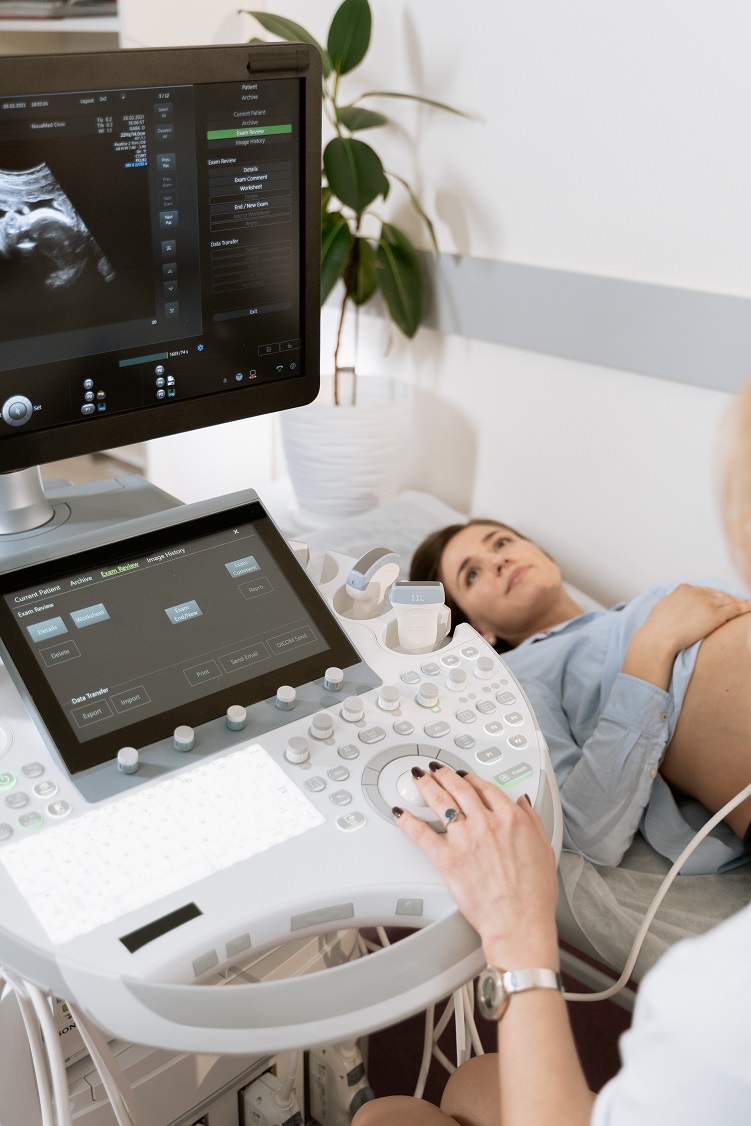Treating depression during pregnancy won’t affect a mother’s offspring, studies show.
A huge relief has fallen off the shoulders of pregnant women who use medication to treat depression during pregnancy. A study of 145,702 expecting mothers taking antidepressants to manage their symptoms showed that it doesn’t impact their developing offspring. The medication use was ultimately not linked to autism, attention deficit hyperactivity disorder (ADHD), learning and developmental disorders, intellectual disabilities, or behavioral disorders. This study covered the exposure to antidepressant medication from 19 weeks gestation until delivery. 3, 032,745 pregnancies not exposed to antidepressant medication were used as a control group. The study was able to utilize data from public and privately insured pregnant women and their children. Children were observed from birth until diagnosis or end of study at the maximum age of 14. The results were consistent across the board from different medications to gestational periods; it heavily suggests that antidepressant use doesn’t increase the risk of neurodevelopmental disorders in children.

Clinical depression, officially referred to as major depressive disorder (although there are other forms as well) is a common side effect of pregnancy. In fact, 1 in 10 pregnant women will experience symptoms. Roughly 6-8% of women are prescribed antidepressants in the U.S., and while medication use doesn’t impact the developing fetus, managing depression is important for maternal and infant health. Earlier studies show links between neurodevelopmental disorders with antidepressant use while pregnant. The studies claimed that newborn babies exposed to antidepressants would exhibit symptoms such as irritability, fast breathing, tremors, and poor feeding, along with the risk of developmental delays. It’s now been claimed that research was inaccurate, was too small, or didn’t have proper control groups in place to factor in current mental health, genetics, lifestyle, or environment. The conflicting evidence can leave providers and patients confused.
The risks of developing depression during pregnancy are too great to leave untreated. Certain risks for the mother such as lack of prenatal and self-care, likelihood to use harmful substances like illicit drugs, cigarettes, cannabis, or alcohol, increased risk of PPD after birth, and suicide are all concerning factors. While treating depression doesn’t impact offspring, living with untreated depression has the potential to increase a baby’s risk for premature birth, low birth weight, and developmental delays. Preventing these is extremely vital for those individuals. Depression, especially during pregnancy needs to be treated.
Although, “crude results showed the doubling in risk of neurodevelopmental outcomes associated with antidepressant exposure; however, no association was observed in the most fully adjusted analysis.” This might show the need for early screening and intervention if a pregnancy was exposed to antidepressants. Risk percentage was 0.97% for neurodevelopmental disorder, 0.86% for autism, and 0.94% for ADHD. Essentially if a woman takes antidepressants during pregnancy, primary care physicians should take note of that and continue to observe them throughout childhood. As some children might be at a higher risk for developing some of these disorders later in development due to external factors.
Sources:
Depression in pregnant women and mothers: How it affects you and your child


Join the conversation!